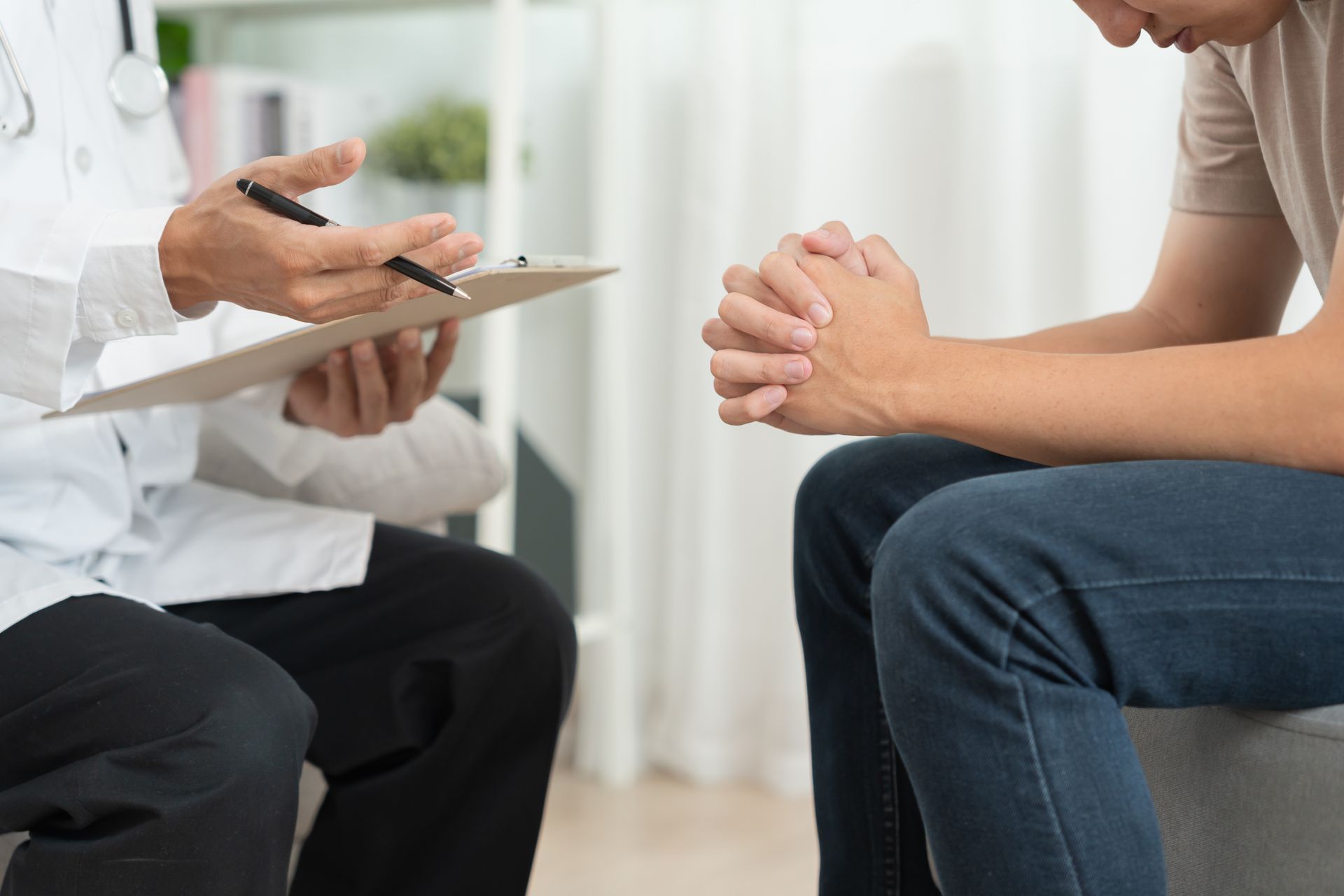Ways To Manage Your ADHD Symptoms Without Medication

Having trouble controlling your ADHD symptoms without taking medication? You're not by yourself. It can be difficult to find different coping mechanisms for Attention Deficit Hyperactivity Disorder, but it is totally feasible.
We'll look at practical methods and lifestyle changes in this blog article that can help you manage the highs and lows of ADHD without the need for medication. Now let's get started!
Get Properly Tested
Getting a good test is the first step in managing ADHD without medication. A thorough assessment performed by a licensed healthcare provider will assist in confirming the diagnosis and identifying any particular symptoms you may be dealing with. To provide a complete picture of your situation, this comprehensive examination may involve behavioral observations, questionnaires, interviews, and potentially even cognitive tests.
To create a management plan that works for you, it is essential to have a clear understanding of how ADHD shows itself in your life. You can learn more about the difficulties you encounter and investigate focused approaches to deal with them ahead of time by going through the appropriate testing.
Remember, seeking professional guidance early on can pave the way for more successful symptom management down the road. Don't hesitate to reach out to specialists who can provide support and guidance as you navigate this journey towards holistic well-being.
Make Behavioral Changes
Making behavioral changes can have a significant impact on managing ADHD symptoms without medication. One effective strategy is to establish daily routines and stick to them consistently. Setting specific goals and breaking them down into smaller tasks can also help stay organized and focused.
Another helpful change is practicing mindfulness techniques, such as deep breathing exercises or meditation, to improve attention and reduce impulsivity. Engaging in regular physical exercise has been shown to boost dopamine levels in the brain, which can enhance focus and mood regulation.
Additionally, implementing strategies like using organizational tools or creating visual reminders can aid in staying on track with tasks. Building a support network of friends, family members, or even joining a support group can provide encouragement and understanding during challenging times. By making these behavioral adjustments, individuals with ADHD may find relief from their symptoms and improve their overall quality of life.
Benefits of ADHD Behavioral Therapy
ADHD behavioral therapy offers a range of benefits for individuals looking to manage their symptoms without relying on medication. One key advantage is the development of essential coping mechanisms and skills that can help navigate daily challenges. Through therapy, individuals can learn valuable strategies to improve focus, organization, and time management.
Behavioral therapy also provides a supportive environment for exploring underlying issues that may contribute to ADHD symptoms. By addressing these root causes, individuals can gain a deeper understanding of their condition and work towards long-term solutions. Additionally, therapy sessions offer a safe space to practice mindfulness techniques and stress management strategies.
Another benefit of ADHD behavioral therapy is the opportunity to enhance communication skills and build healthier relationships with others. Therapists can provide guidance on effective communication methods, conflict resolution techniques, and social interactions tailored to individual needs. ADHD behavioral therapy empowers individuals to take control of their symptoms and lead fulfilling lives with confidence.
How Family, Friends, Partner, and Employer Can Support You
When attempting to manage ADHD symptoms without medication, it is imperative to have a robust support network. Family members can create a secure space for open communication about your needs and challenges by showing patience and compassion. Friends can help you keep organized, offer distractions, or offer emotional support. Creating wholesome habits and reminders with your partner might help you stay on track.
Employers play a key role by providing accommodations such as flexible schedules or noise-cancelling headphones in the workplace. They may also allow for breaks when needed to prevent overwhelm. By educating those around you about ADHD, they can better understand how to support you effectively.
Remember, building a supportive network of family, friends, partner, and employer is essential in successfully managing ADHD symptoms on a daily basis.
Moderate to Severe Symptoms May Benefit from Pharmacological Treatment
For some people, pharmaceutical treatment may be required to manage moderate-to-severe ADHD symptoms. Stimulants, non-stimulants, and antidepressants are examples of medications that can assist modulate brain chemistry and enhance focus, attention, and impulse control. A healthcare provider should be consulted in order to identify the best drug for each patient's needs.
While medication can be effective in controlling symptoms, it is not a one-size-fits-all solution. Finding the right medication and dosage may require some trial and error under the guidance of a healthcare provider. Additionally, combining medication with therapy and other coping strategies can enhance its effectiveness in managing ADHD symptoms.
It's crucial to weigh the benefits of pharmacological treatment against potential side effects and risks. Regular monitoring by a healthcare provider is essential to assess progress, adjust medications if needed, and address any concerns that may arise during treatment. Remember that seeking professional guidance is key in finding the best approach for managing moderate to severe ADHD symptoms.
Final Thoughts
It is feasible to manage ADHD symptoms without medication by combining appropriate diagnostics, behavioral modifications, counseling, and family support. It's important to keep in mind that each person with ADHD has a unique experience, so it could take some time and patience to find the best strategy.
By seeking out professional help for testing and therapy, making positive lifestyle changes, and establishing a supportive network around you, managing your symptoms can become more manageable. Remember that it's okay to explore pharmacological treatment if your symptoms are severe or impacting your daily life significantly.
Living with ADHD doesn't have to be overwhelming when you have the right tools and resources at your disposal. With dedication and perseverance, it is possible to lead a fulfilling life while effectively managing your symptoms.











